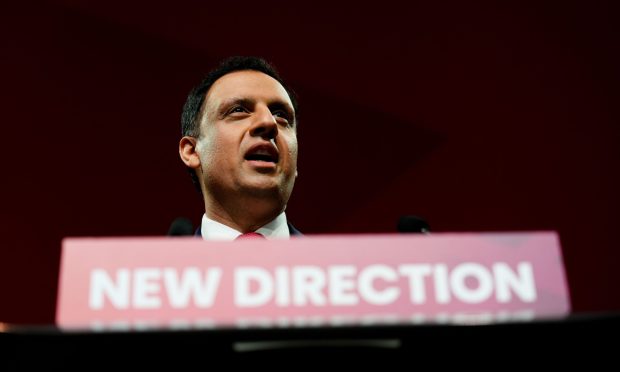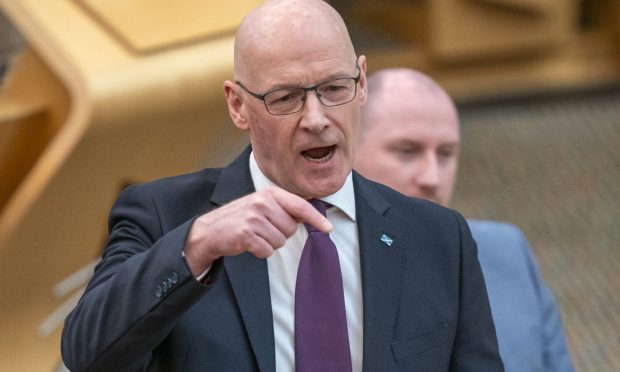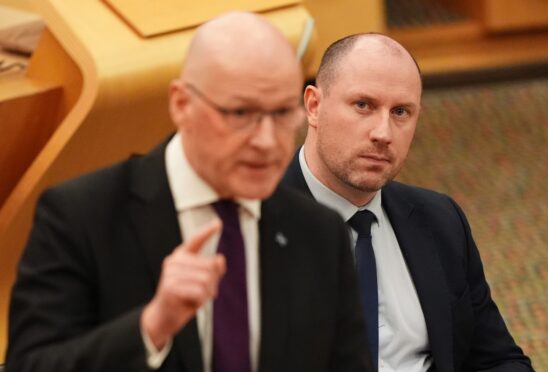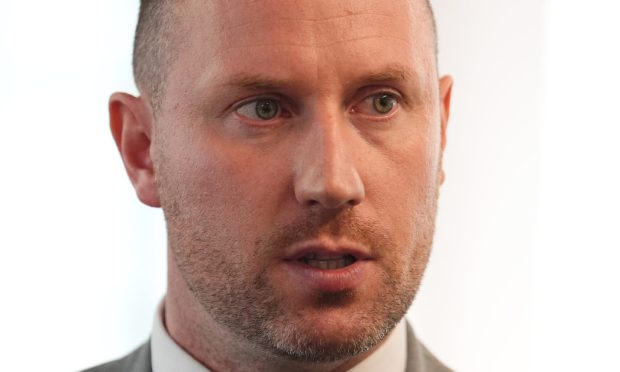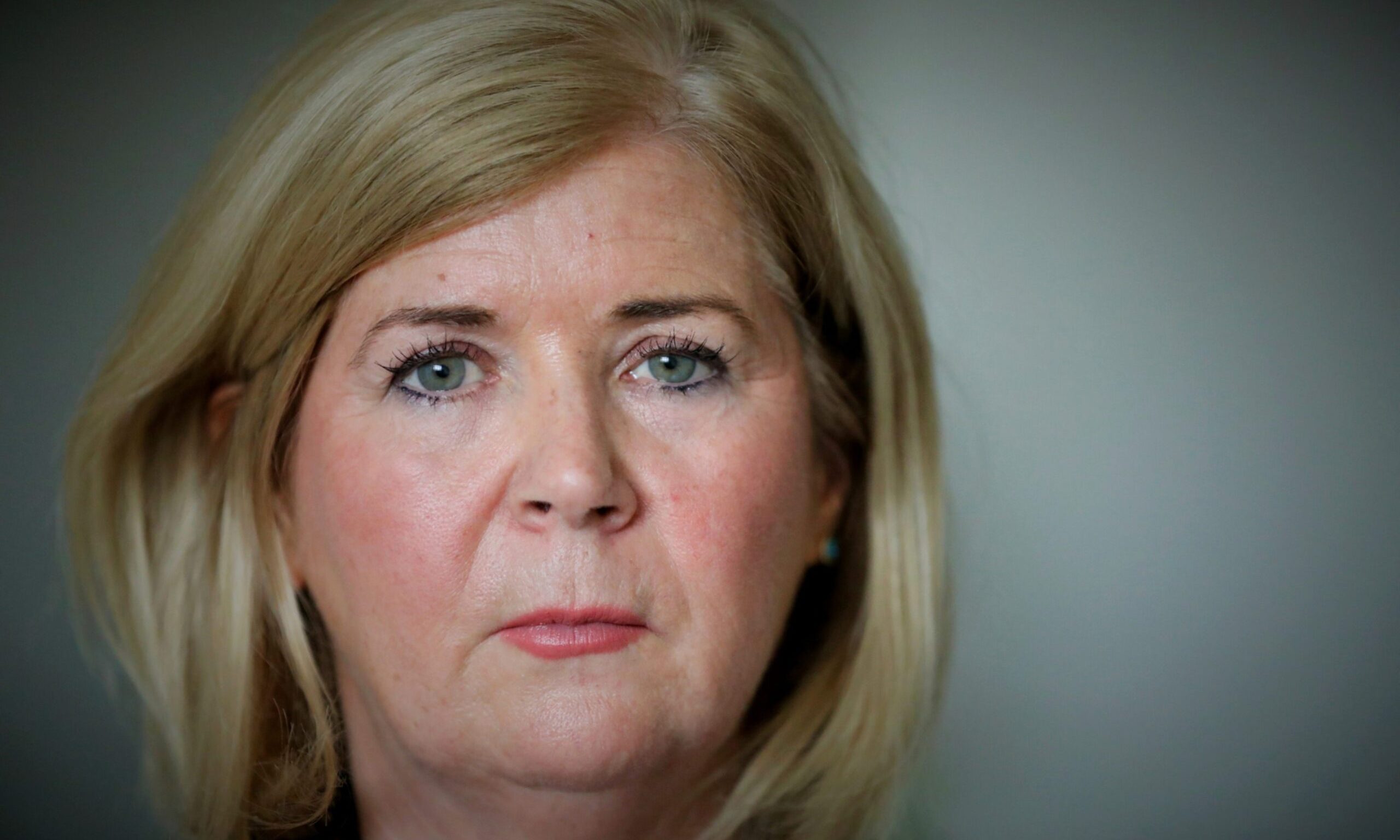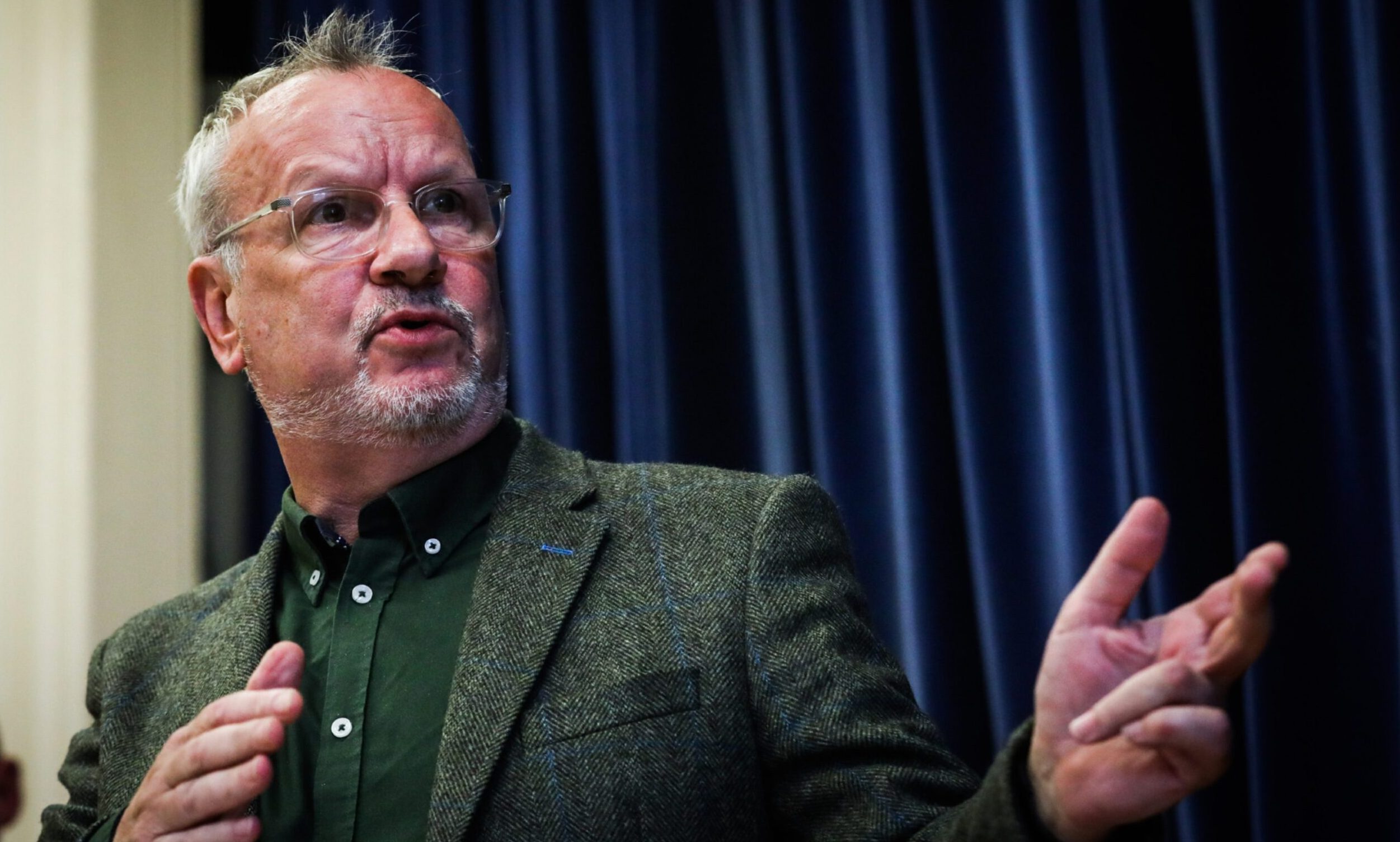Against the backdrop of the Brexit disaster, Derek Mackay stood before MSPs to deliver his Budget.
Tory MPs in London were engaging in a self-indulgent bid to unseat their leader, with the clock running down towards an off-the-cliff Brexit.
Meanwhile, Mr Mackay said his government in Edinburgh was getting on with the business of running the country.
His flagship announcement however will trigger yet more nervousness within Scottish industry.
There is now an even wider gulf between the income tax burden on higher-earning workers based in Scotland, compared with their English peers on the same salaries.
That could stifle growth by sending businesses and workers to other,
less-taxed parts of the UK, or perhaps more likely, put off skilled workers and transient enterprises from moving north in the first place.
Scotland’s future depends on increasing the size of its workforce, a mantra the First Minister espouses herself, so for her finance secretary to embrace the tax differential with such gusto is curious.
It will raise £68m for the public finances, which is not to be sniffed at, but it comes for a Budget year in which there is some room for manoeuvre.
The Scottish Fiscal Commission has now warned that the tax discrepancy will “start to have an effect on tax residency decisions”.
The hope for the Scottish Government is that these decisions will go beyond pay packet analysis and be offset by considerations about the wider package offered for higher earners in Scotland.
That draw includes what the SNP would call a fairer, more progressive society, but also more practical considerations such as free university tuition, prescriptions and personal care.
With fragile growth predicted over the coming years, higher taxes on the most economically transformative section of the workforce is certainly a gamble.
In the shorter term, the SNP have a more pressing political concern – how they are going to get the Budget through Holyrood?
As a minority administration, they need the support of another party, which for the last two years has been the Scottish Greens.
Failing to do so risks the collapse of the government, although it is very early days, with the final vote on the bill scheduled for February.
It is another tax issue that is preventing the Greens from pledging their support – local tax reform.
That means more tax increases, including for the so-called “squeezed middle”.
Taxes are of course one of life’s certainties. That also makes them a sure bet for Budget controversy.



